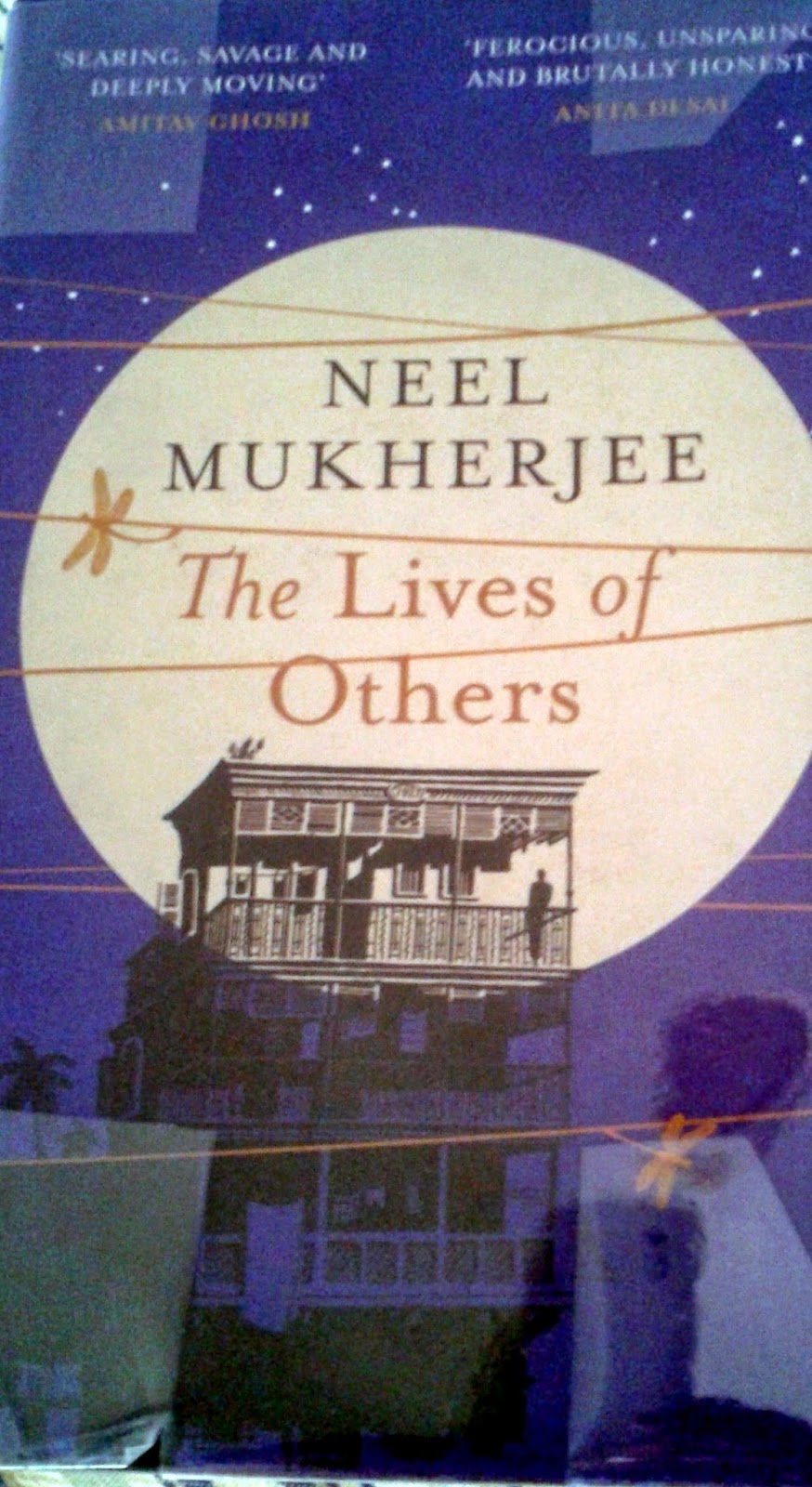The Man Booker hype surrounding this book almost overwhelms it. Almost but not quite. Because in The Lives of Others (Vintage/Random House India, distributed by Rupa Publications), Neel Mukherjee has taken an old canvas and painted atop it; the story is by no means new, the telling is not really unique, yet it grips the reader’s attention by the throat and rarely relaxes that grip.
The book begins in 1966 with the savage deaths of Nitai Das, a poor farmer who, driven to despair by debt and hunger, has no recourse but to kill his wife and three children before committing suicide. It ends with a group of Naxals quietly and efficiently led by Sabita Kumari, removing fishplates on a railway track, silent, economic in their movement, deadly in their intent. And that happens in 2012.
That old canvas is wide, though. It encompasses the wealthy Ghosh family of Calcutta and their utterly unscrupulous and amoral ways of living, which in turn, is utterly normal for their times. The family holds within its folds dissolute roués, drunks, druggies, nascent Naxals, fetishists, bitter young and not so young women, a child prodigy. All play out their mostly petty roles against the backdrop of labour unrest, unionism, food riots, the CPI’s slow rise to power, Communism and its piecemeal solutions, a rapidly growing Maoist movement on a slow boil. All indulge in many layers of betrayals: betrayals of decency, work ethics, of family dynamics themselves.
The author adopts a slightly distant tone, a voice carefully leached of emotion. He can afford to do that given the tumultuous times the clan go through. Each fresh crisis segues into the other, giving the reader no warning. The poor and the disadvantaged are sharply the Other here: patronised, ignored, ill-treated, raped, abused, bribed into sullen silence and most damningly, their potential to become a dangerous tsunami never once factored in.
It’s the old familiar dismaying dichotomy laid out. And yes, the reader sees the end coming well before it does.
Some sentences stand out:
Becoming a family man was not going to uncrease his soul.
Before the sight in front of the boy can tighten into meaning…
He needs a less vulnerable eye with which to see the world.
The idea had caught like a burr to soft wool.
Sheila Kumar worked for the Times Group and now writes for many newspapers and magazines on matters concerning just about everything under the sun. She has had her short stories published in as many as six anthologies.Sheila’s first book, a collection of short stories titled Kith and Kin (Rupa Publications) was released to very good reviews.






